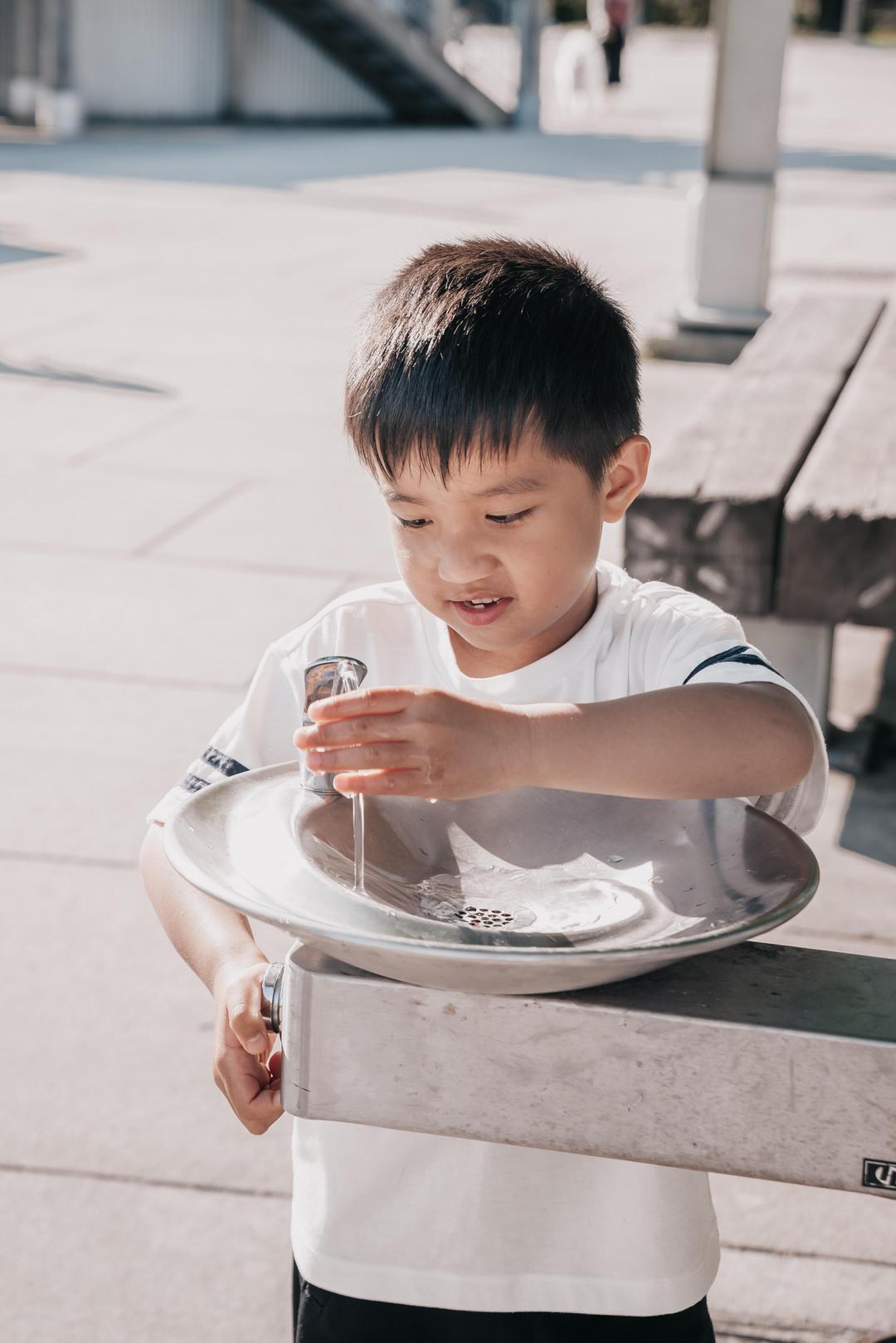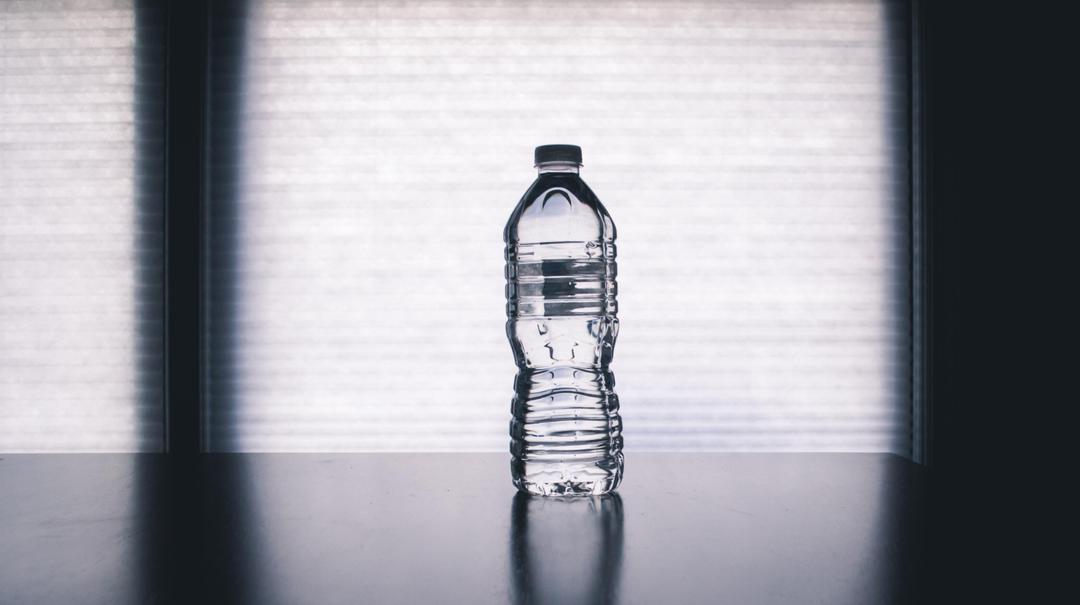Whether you are a pregnant, breastfeeding, or mixing up infant formula, you may wonder, "Is tap water safe for my baby?" Let's take a look at the dos and don'ts of tap water consumption to ensure you and your little one stay safe and healthy.
Water 101 • 4 MIN READ
Is Tap Water Safe For Babies & Newborns?
Share This Article:

Is Tap Water Safe to Drink While Pregnant?
The U.S. Environmental Protection Agency (EPA) is responsible for enforcing national water quality standards. Yet, the organization publicly admits problems with drinking water inside its informational guide titled ‘Children and Drinking Water Standards.’ This may not surprise you, but the same contaminants that lurk in tap water can also be found in bottled water and well water.
A 2018 study showed that water quality violations have posed a risk to public health for the last four decades, impacting over 21 million people in 2015 alone. [1] This can be particularly alarming for pregnant people. Another 2013 study found an increased risk of low birth weight and incidences of premature births in mothers living in areas with contaminated water supplies during their pregnancy. [2]
Suppose you’re concerned about the water quality in your area? In that case, you can consult your local health or planning department to learn more about the contaminants in the drinking water from your faucet. In addition, we can get you started with our What’s In Your Water? tool.
** It is important to note that if tap water is your only drinking water source during pregnancy, staying sufficiently hydrated is a higher priority than worrying about possible contaminants. Hydration supports your brain, kidneys, digestive system, and your body’s ability to create a healthy and safe environment for your little one to grow and develop.
Is Bottled Water a Safer Alternative?
Many pregnant people turn to bottled water during pregnancy to avoid the risk of contamination in their tap water supplies. Unfortunately, many bottled water brands serve up tap water packaged in plastic which can leach chemicals into your water. [3]
Can I Use Tap Water To Make Baby Formula?

Many recommend boiling and cooling tap water before mixing it with baby formula. Here’s the problem: Boiling only kills germs and bacteria that can’t withstand heat. It does not remove hundreds of dangerous contaminants detected in tap water, bottled water, and well water.
Even worse, some contaminants like lead and nitrate become more concentrated when boiled. Think about it: When the water reaches its boiling point, it evaporates. As the total volume of water decreases through evaporation, the concentration of heat-resistant contaminants in the remaining water increases. So before you bring your water to a boil, be sure to read this.
If you’re currently using formula concentrates that need to be mixed with water, The Centers for Disease Control and Prevention (CDC) recommends either swapping them out for ready-to-feed formulas or looking for bottled waters deemed “low-fluoride” by the U.S. Food and Drug Administration (FDA) which are labeled deionized, purified, demineralized, or distilled. [4] However, to avoid the plastic chemicals that can leach into bottled water, we suggest looking into a high-quality filtration system in your home for formula feeding.
What Chemicals and Contaminants in Tap Water Can Affect my Child?
Here are a handful of contaminants that are dangerous to babies and young children - and have been detected in tap water, bottled water, and well water.
Fluoride:
Small amounts of fluoride can help prevent tooth decay. However, the American Dental Association warns too much too early can stain teeth with faint white lines and spots, known as dental fluorosis, which can impact the healthy formation of adult teeth under the gums. Plus, fluoride can affect your child during pregnancy. Boiling water doesn’t remove fluoride, and typical carbon filtration is useless against it. Learn more about Fluoride Here
Manganese:
This naturally-occurring metal can impact memory and motor skills leading to neurodevelopmental risks such as learning and behavioral issues. [5]
Lead:
Lead can affect your baby’s brain, kidneys, and nervous system and delay physical and mental development. Lead contamination is a widespread problem across the United States. With millions of lead service pipes contaminating tap water from coast to coast, it’s a problem that will take significant time and resources to solve.
Agricultural products like Herbicides, Pesticides, and Fertalizers:
Studies link prenatal exposure to atrazine- a commonly used pesticide and drinking water contaminant- with congenital disabilities, reduced birth weight, and preterm birth. [6]
Arsenic:
Studies show arsenic exposure during pregnancy (and after) can lower your baby’s IQ and impair brain development.
Nitrate:
Exposure to nitrate can cause blue baby syndrome (also known as methemoglobinemia), which can lead to serious illness and death. Plus, the chemical has been linked to low birth weight, premature birth, and neural tube defects (NTDs). Nitrate is heat-resistant. Therefore, boiling water that contains nitrate only makes the contaminant more concentrated.
Ensure Safe Drinking Water For Your Baby
As always, consult your child’s pediatrician or seek professional medical advice before making any changes to their diet. Remember, the above is intended to be informational, not instructional. In the meantime, protect your child by protecting your water. Under ordinary circumstances, the safest way to sterilize your tap water is to invest in a water filter like ours, certified to remove the aforementioned contaminants as well as others that can be dangerous to your little one.
References
1. Children and Drinking Water Standards, December 1999 https://www3.epa.gov/safewater/kids/kidshealth/pdfs/brochure_childrenstandards.pdf
2. Fluoride Can Harm Children’s Intelligence, Mexican Study Finds https://www.ewg.org/news-insights/news/fluoride-can-harm-childrens-intelligence-mexican-study-finds
3. Manganese Intake in Babies: Drinking Water plus Formula Can Cause High Exposures https://ehp.niehs.nih.gov/doi/10.1289/EHP9786
4. Causes and Effects of Lead in Water https://www.nrdc.org/stories/causes-and-effects-lead-water#:~:text=High%20lead%20levels%20have%20been,isn't%20limited%20to%20cities.



